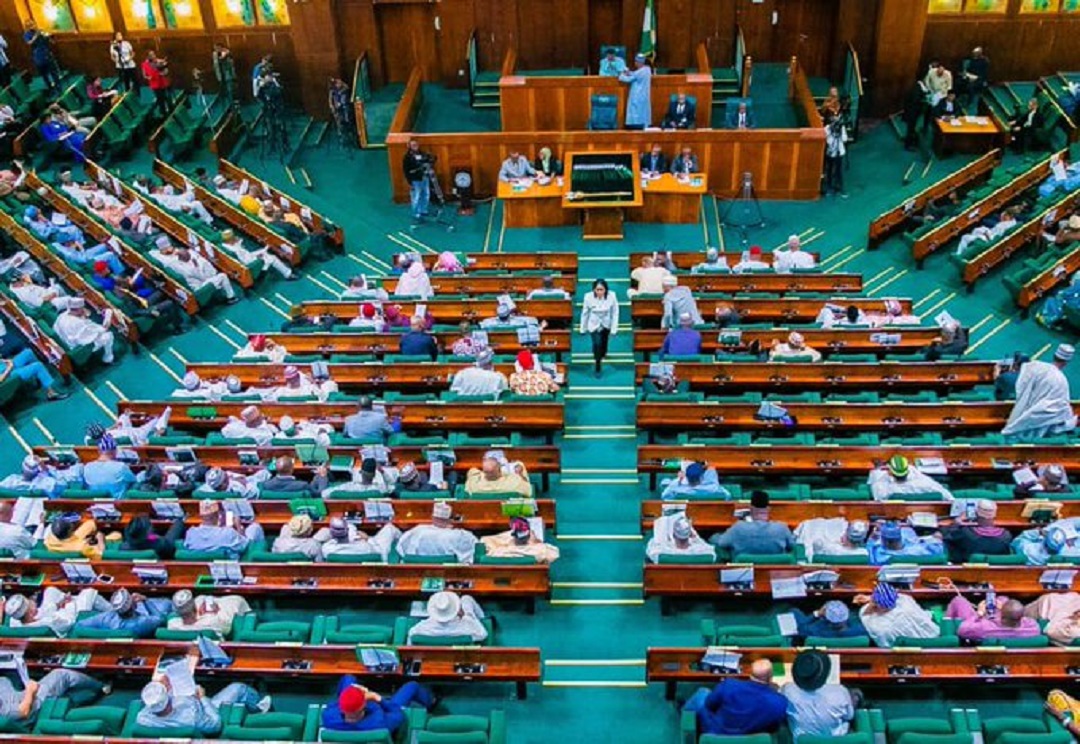The Nigerian House of Representatives, on Thursday, took a significant step toward altering the country’s political landscape by passing for second reading a bill that seeks to set an upper age limit for candidates contesting the offices of President and Governor.
The bill, sponsored by Rep. Ikeagwuonu Ugochinyere, proposes an amendment to the 1999 Constitution that would bar individuals above 60 from vying for these top executive positions. If passed into law, the amendment would introduce a new requirement, ensuring that only candidates who are 60 years old or younger at the time of the election would be eligible to contest. Additionally, the bill seeks to enforce an educational qualification criterion, mandating that aspirants must hold at least a Bachelor’s degree.
The proposed amendment specifically targets Section 131 of the Constitution to impose the age limit for presidential candidates and Section 177 to apply the same restriction to governorship hopefuls.
If enacted, this legislation could significantly reshape Nigeria’s political sphere by restricting older politicians from contesting for these executive positions. This could directly impact key figures who have been dominant in Nigerian politics for decades.
For instance, former Vice President and perennial presidential aspirant Atiku Abubakar, who is currently 78, would be ineligible to contest under this law. Similarly, Peter Obi, another major political contender and former governor of Anambra State, who is 68, would also be affected.
Even the current President, Bola Ahmed Tinubu, widely reported to be 72, would have been disqualified had this law been in effect during the last presidential election. The bill, if passed, may also influence the political aspirations of numerous other seasoned politicians who have played key roles in Nigeria’s governance over the years.
ALSO READ: Rising inflation sparks economic concerns as economist warns of deep structural issues
While the bill has scaled the second reading, it still has several hurdles to clear before becoming law. The proposed amendment must go through a rigorous legislative process, including approval by two-thirds of both chambers of the National Assembly and endorsement by at least 24 out of the 36 state Houses of Assembly.
Furthermore, even if the National Assembly successfully passes the bill, it will still require presidential assent. Given that the current administration is led by a president who falls within the age bracket that the bill seeks to exclude, questions have arisen about whether the executive arm will support such a constitutional change.
Opponents of the bill argue that leadership should be determined by competence, experience, and capability rather than age. On the other hand, supporters believe it is necessary to ensure generational power shifts and create opportunities for younger, more vibrant candidates to assume leadership roles.
As the debate continues, Nigerians will be watching closely to see whether this historic bill gains the traction needed to become law, potentially marking a major shift in the country’s political dynamics.

 Health6 days ago
Health6 days ago
 Entertainment1 week ago
Entertainment1 week ago
 Crime7 days ago
Crime7 days ago
 Comments and Issues1 week ago
Comments and Issues1 week ago
 Latest1 week ago
Latest1 week ago
 Football1 week ago
Football1 week ago
 Comments and Issues1 week ago
Comments and Issues1 week ago
 Comments and Issues1 week ago
Comments and Issues1 week ago

